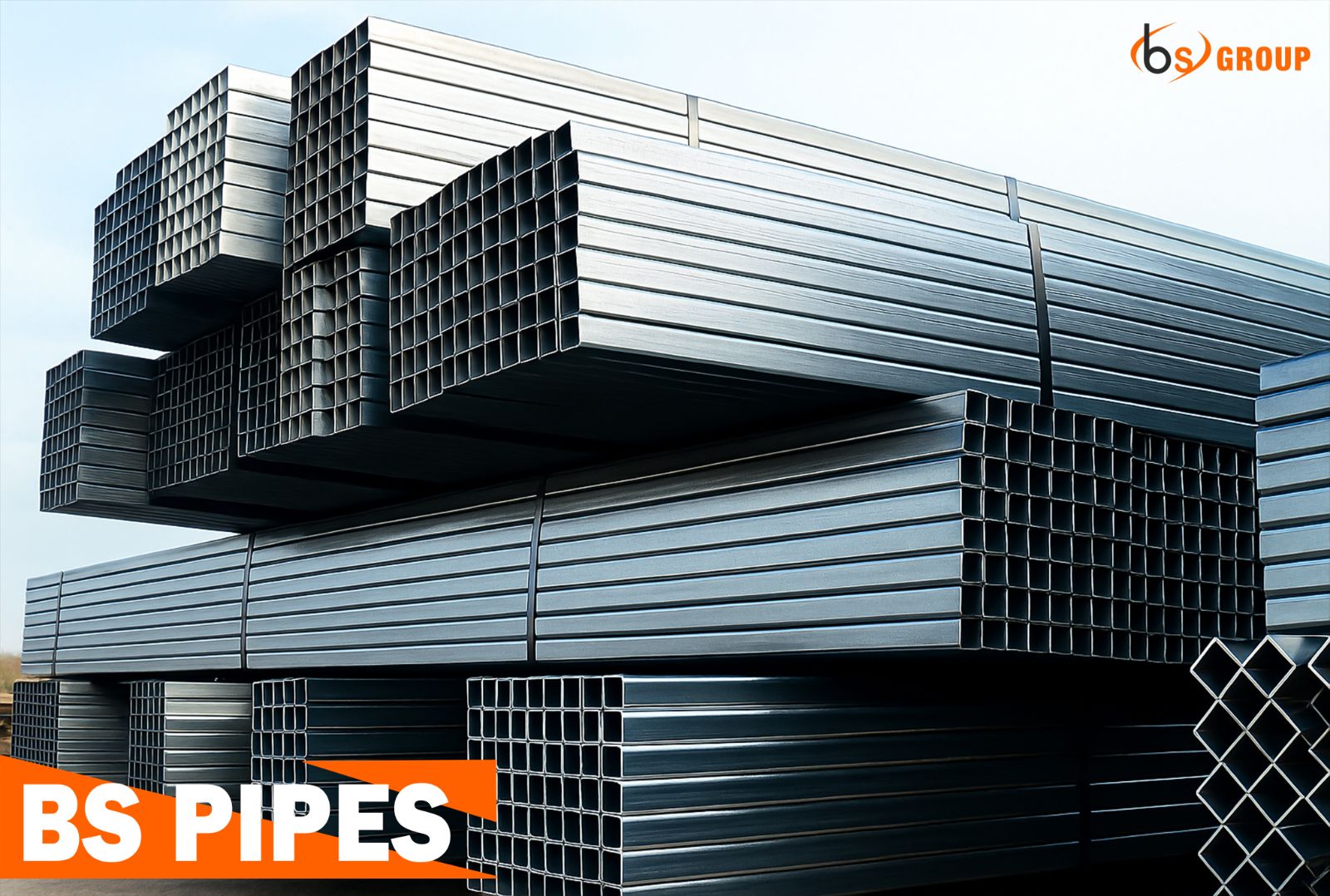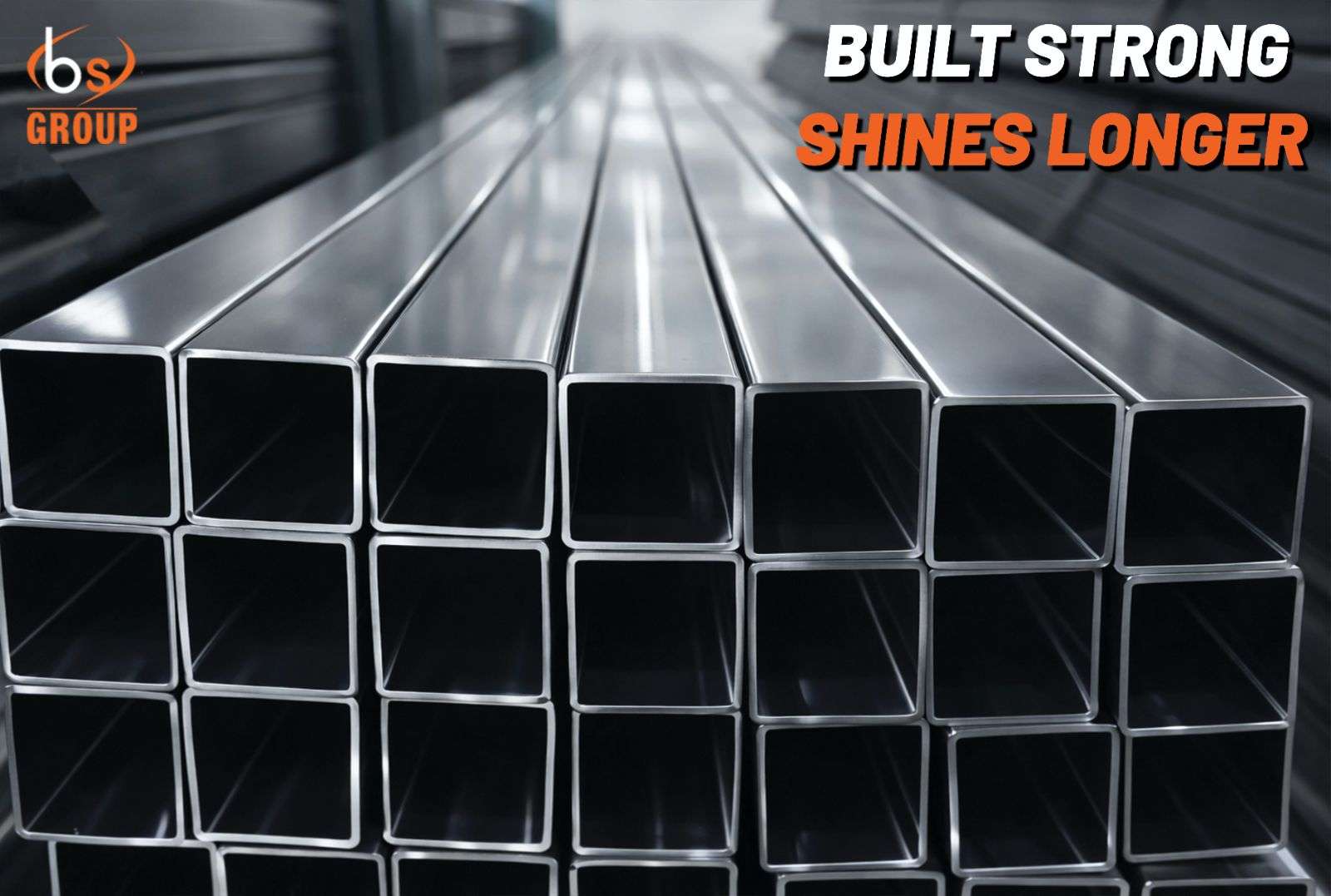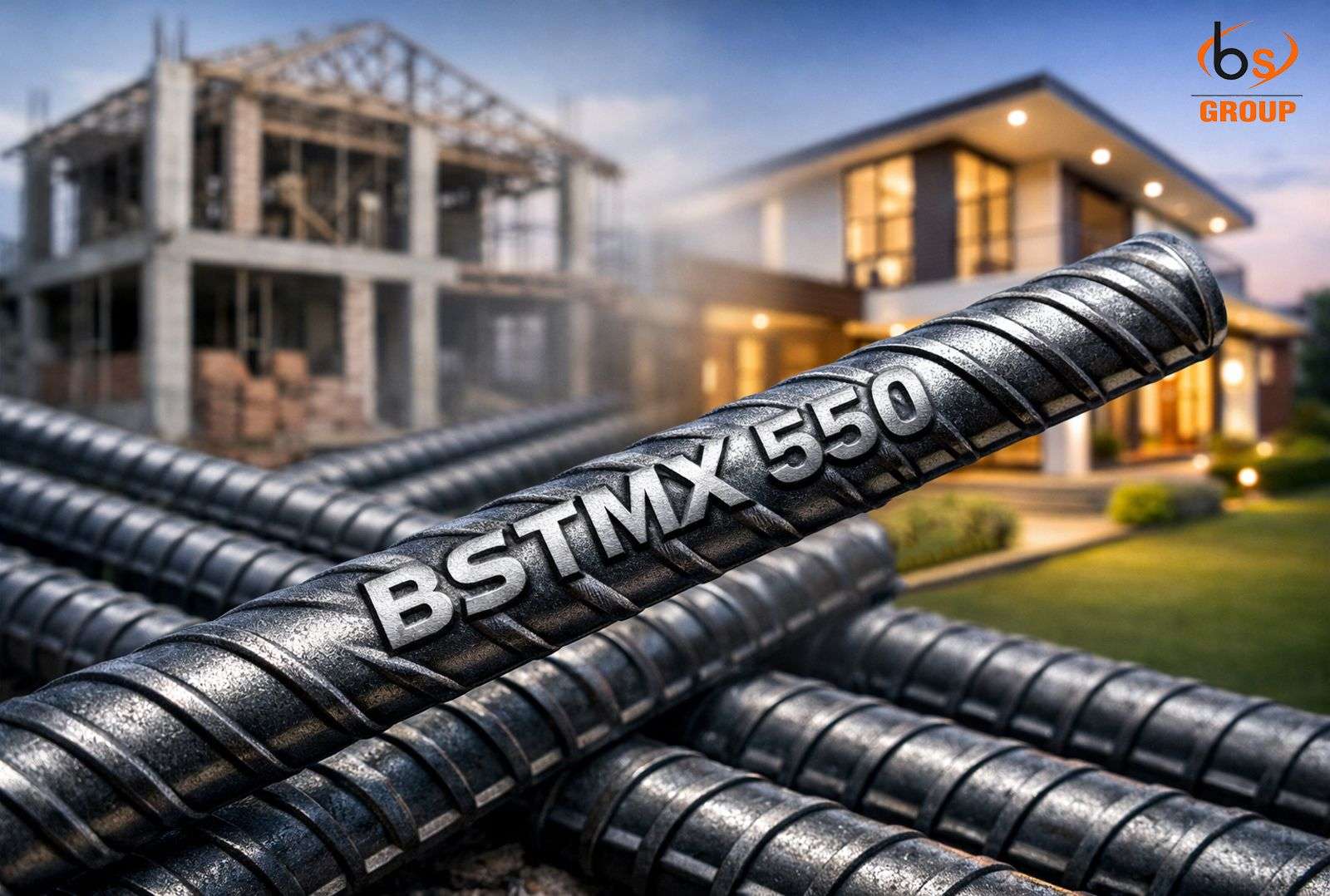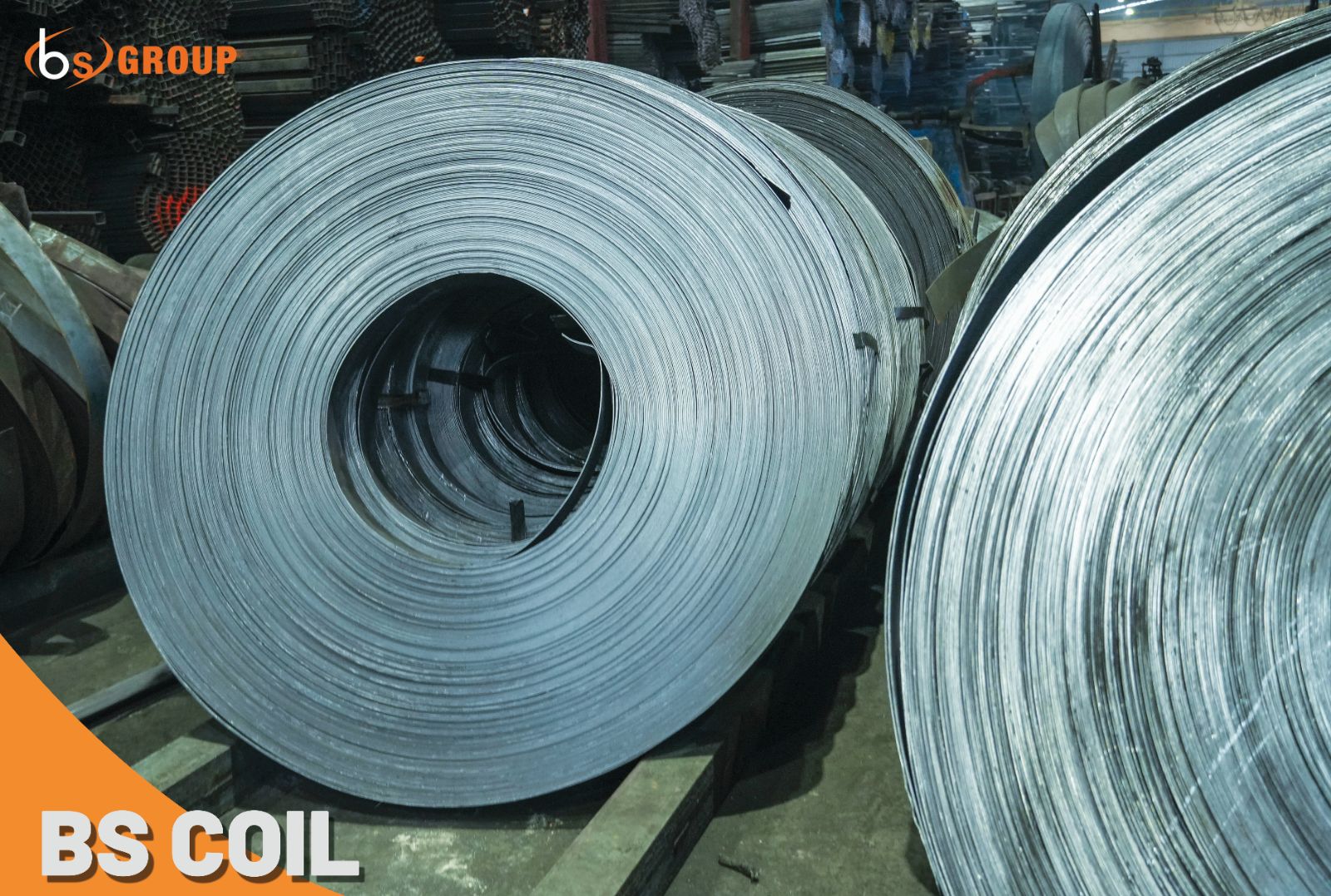What is Mild Steel Pipe? Types and Their Industrial Uses

In terms of their strength, adaptability, and affordability, mild steel pipes are essential in the manufacturing and construction industries. Mild steel pipes are utilised extensively throughout India, particularly in areas like Chhattisgarh, which has emerged as a significant centre for steel and industrial development, whether you’re constructing a building, installing a water pipeline, or establishing an industrial plant. This article will define mild steel pipe, examine its different varieties, and go over its many industrial applications, which make it one of the most reliable materials available.
What is Mild Steel Pipe?
Low-carbon steel, which normally has between 0.05% and 0.25% carbon, is used to make mild steel pipes. Compared to high-carbon steel, mild steel is softer, more ductile, and simpler to work with because of its low carbon content. It is ideal for structural and mechanical applications since it is simple to weld, cut, and shape.
Mild steel pipes are frequently used for structural support in building projects as well as for the transportation of gas, water, and other fluids due to their high tensile strength and flexibility. They are a favourite material for industries and builders throughout India because of their cost-effectiveness and durability balance.
Types of Mild Steel Pipes
The are various varieties of mild steel pipes depending on their shape, function, and production process. Every variety is appropriate for certain uses across a range of sectors. Let’s examine the most widely utilised varieties in Chhattisgarh and other Indian states.
1. ERW (Electric Resistance Welded) Pipes
Mild steel plates are rolled, then longitudinally welded with electric resistance to create ERW pipes. These pipes are perfect for gas supply, water pipelines, and agricultural applications because of their consistent thickness and smooth surfaces.
Key Features:
- Economical and durable
- Suitable for low- to medium-pressure applications
- Commonly used in water supply and fencing
2. Seamless Mild Steel Pipes
In contrast to ERW pipes, seamless pipes are formed from solid steel billets that are stretched and punched into a hollow shape without the need for welding. They can withstand higher temperatures and pressures because they are seamless.
Key Features:
- High strength and pressure resistance
- Ideal for oil, gas, and power generation industries
- Used in heavy-duty mechanical and structural applications
3. Galvanized Mild Steel Pipes (GI Pipes)
To prevent rust and corrosion, a layer of zinc has been applied to these mild steel pipes. Their lifespan is extended by the galvanisation process, which qualifies them for outdoor and damp settings.
Key Features:
- Excellent corrosion resistance
- Long-lasting and maintenance-free
- Commonly used in water supply systems, fencing, and scaffolding
4. Black Mild Steel Pipes
Black pipes are non-galvanised and have a dark appearance due to the iron oxide on their surface. They are commonly used for conveying gas, steam, and air under pressure.
Key Features:
- High durability and pressure handling capacity
- Suitable for gas pipelines and industrial use
- More affordable than galvanized pipes
5. Square and Rectangular Mild Steel Pipes
These pipes are used mainly in construction and fabrication for frames, furniture, and support structures. Their uniform shape provides better load distribution and structural stability.
Key Features:
- Aesthetic and versatile
- Ideal for architectural and structural designs
- Used in railings, furniture, and industrial fabrication
Industrial Uses of Mild Steel Pipes
In addition to its affordability and versatility, mild steel pipes are utilised in many different industries. They are crucial in the following important sectors:
1. Construction and Infrastructure
Water and wastewater are best transported using mild steel pipes. Long-lasting water supply systems are ensured by the prevention of rust and contamination, especially in galvanised pipes.
2. Water and Sewage Systems
Mild steel pipes are ideal for transporting water and wastewater. Galvanized pipes, in particular, prevent rust and contamination, ensuring long-lasting water supply systems.
3. Agriculture
Mild steel pipes are used by farmers for water distribution, borewell casings, and irrigation systems. They are a popular choice for agricultural and rural projects because of their affordability and robustness.
4. Oil and Gas Industry
Natural gas, oil, and other fluids are transported under high pressure using seamless mild steel pipes. They are dependable and safe for this use because of their strength and smooth construction.
5. Automotive and Machinery
Because mild steel pipes are strong and resistant to heat and vibration, they are employed in machine parts, exhaust systems, and chassis frames in the automotive industry.
Advantages of Mild Steel Pipes
- Cost-Effective: More affordable compared to stainless steel.
- Strong and Durable: Capable of handling high pressure and weight.
- Easy to Fabricate: Can be welded, bent, or cut easily.
- Versatile Applications: Suitable for multiple industries.
- Recyclable: Eco-friendly and sustainable for industrial use.
These advantages make mild steel pipes a smart investment for builders, contractors, and industries across Chhattisgarh and India
Conclusion
In conclusion, mild steel pipes are an essential component of contemporary industrial development and infrastructure. These pipes provide the ideal balance of strength, adaptability, and affordability for everything from gas and water supply pipelines to construction and equipment. Mild steel offers a dependable solution for practically every application, whether you require seamless, ERW, or galvanised pipes.
Similar Blogs:-

Bulk MS Pipe Buying Guide: Everything You Must Check Before Placing a Large Order

Benefits of Using RustGuard TMT Bars for Long-Lasting Structures in Uttar Pradesh
